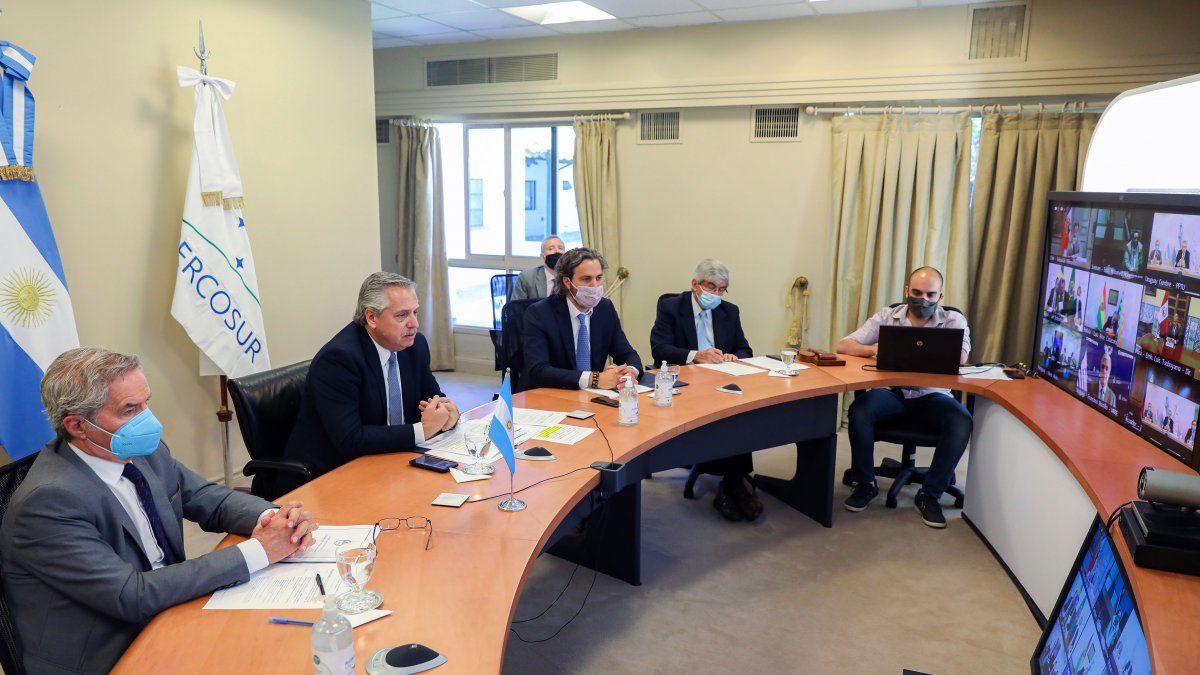Workplan
According to what Ámbito was able to find out, the main novelties will be the launch of conversations to make trade more flexible and seek favorable negotiation conditions with Central America and Dominican Republic.
In the quest to increase exports, the leadership of Alberto Fernández will promote a joint strategy to increase business in Africa.
In August, this medium announced that a commercial intelligence report from the Foreign Ministry had classified the continent as “an expanding region with a looming middle class.”
In that paper, the high population growth rate and the improvement in purchasing power were highlighted. agricultural machinery, food, animal genetic products and medicines are some of the articles that have concrete opportunities in the African market.
The document accessed by Scope remarks as one of the priorities is the “conclusion of the negotiations for a Mercosur-Lebanon agreement”. As well as the need to “deepen the Agreement with Israel.”
During the electoral campaign, Fernández had promised to strengthen the bloc and once again promote a regional alliance similar to the one that took place between 2003 and 2015. But in May of this year there was a short circuit when, amid the uncertainty caused by the Paraguay pandemic , Uruguay and Brazil tried to advance the negotiations with Canada, Singapore and South Korea.
The outlook now appears somewhat clearer and that agenda is back on the road map.
A senior official told this medium that “there are no major objections from any member of the bloc to seal a treaty with Canada.” The dialogues with Singapore and South Korea are more complex due to their productive networks somewhat less complementary to what the region requires.
The conclusion of the pending technical issues with the European Union is another of the issues that generates differences. The agreement is still subject to legal review and while Brazil tries to speed up the process, Argentina revises the fine print due to the questioning of some sectors of the industrial business community.
In addition to the agreements with countries that do not belong to the bloc, the Argentine pro tempore presidency intends to specify the incorporation of the Plurinational State of Bolivia as a full member of Mercosur. This will encourage active participation in decision-making bodies and technical forums that contribute to its accession process.
–


